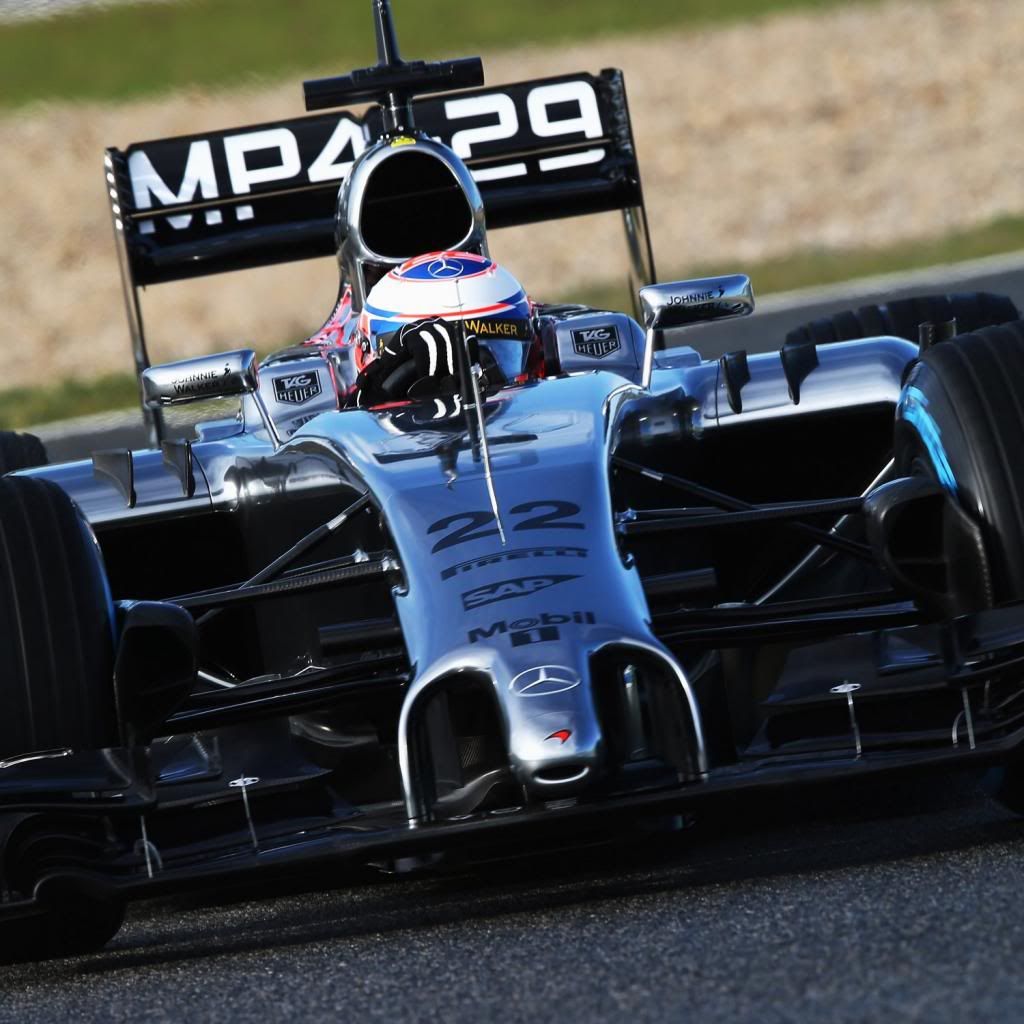My answer (though I admit I wasn't 100% convinced of it!
Was I right? *crosses fingers*



That is because locked front wheels do not decellerate the car as well as unlocked wheels. The car therefore does not squat down at the front through weight transfer and more air gets into the underbody disrupting the ground effect.roller wrote:Hi everyone!
You have explained the most important aspect of the matter, but I want to highlight a curious thing about this.
In the December 2011 issue of RaceCar Engineering, Mark Ortiz explains that, when front wheels are locked, downforce falls down: "It is worth noting that in a ground effects car, if we lock the wheels in braking, not only are we breaking traction at the contact patches, but losing downforce as well".
Yes: because a locked tyre has a wider tyre squirt - a wider wake that ruins flow near the ground.roller wrote:Hi everyone!
You have explained the most important aspect of the matter, but I want to highlight a curious thing about this.
In the December 2011 issue of RaceCar Engineering, Mark Ortiz explains that, when front wheels are locked, downforce falls down: "It is worth noting that in a ground effects car, if we lock the wheels in braking, not only are we breaking traction at the contact patches, but losing downforce as well".